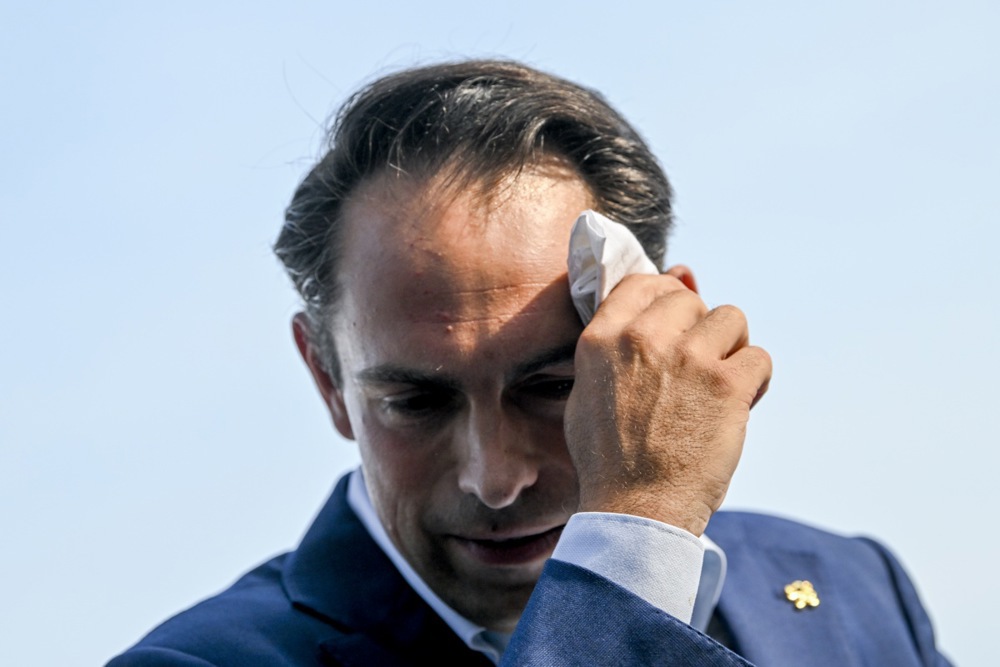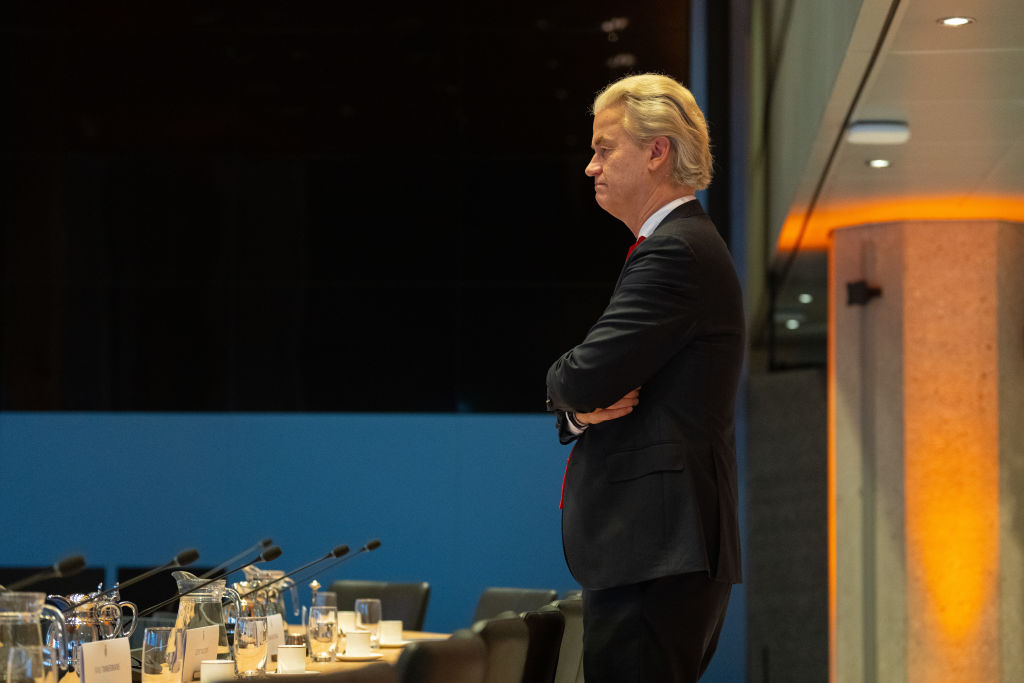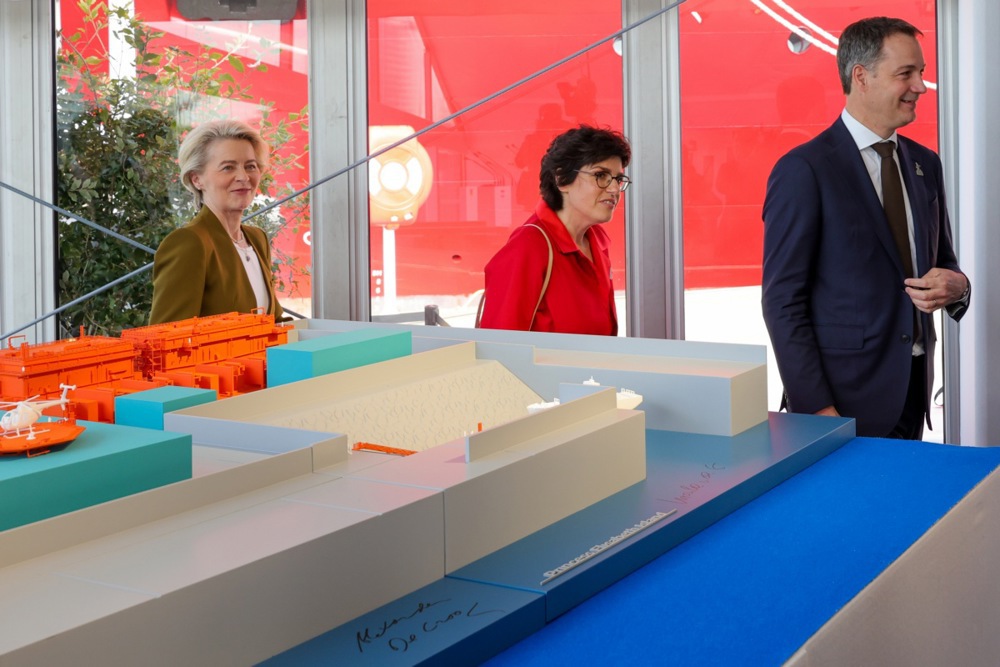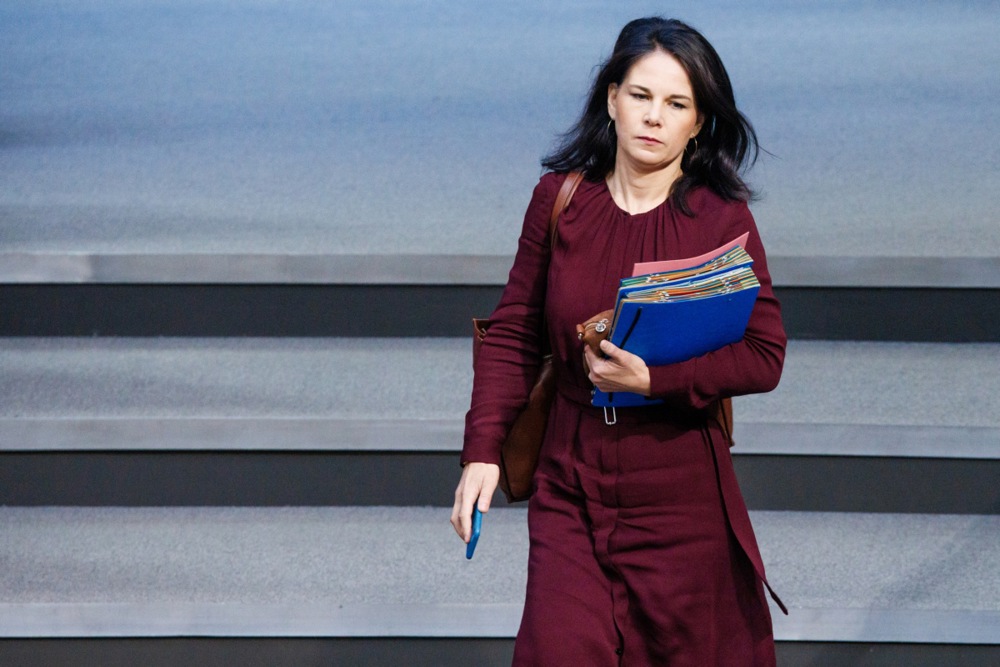After 148 days of negotiations, talks to form a government in Belgium have failed.
On November 4, Bart De Wever, head of the centre-right N-VA party and lead negotiator, threw in the towel after the Flemish Socialists announced they would not support forming a right-wing government.
De Wever went to see the King of Belgium, the formal Head of State, to announce his resignation from the post of coalition negotiator. King Philip said he would postpone accepting this resignation until November 12, giving De Wever an extra week to find a solution, though few believe the situation will change.
In national elections on June 9, the electorate chose clear winners and losers.
In Wallonia, the Socialist Party and the Green Party took a historical beating, while the Liberals and Christian Democrats, who both shifted to the Right, did well, creating opportunities for change.
In Flanders, the results were more mixed. On one hand, the hard-right Vlaams Belang Party did well, although it underperformed compared to poll predictions. The so-called “cordon sanitaire” prevents other parties from working with Vlaams Belang.
The centre-right N-VA lost seats but exceeded expectations, retaining its position as the country’s largest party. The Socialist Party and Communist Party also did well.
On the other hand, the Liberal Party collapsed, together with the Green Party.
Historically, Flanders and Wallonia were often pitted against each other within Belgium, with a right-leaning Flemish electorate frustrated by a left-leaning Walloon bloc. Today, however, Wallonia is no longer the main obstacle; instead, it is the Socialists in Flanders who hold an outsized role in shaping outcomes. Given the gains made by Flemish Socialists, their votes would be needed to form any comfortable federal majority.
These Socialists, however, have no appetite to create a right-leaning government. Opposition from Conner Rousseau, the party’s Flemish leader, was said to be one of the reasons the talks broke down on November 4.
Initially, Rousseau was open to supporting a centre-right government based on the promise of “moderate” policies and certain concessions.
When a draft of the potential coalition agreement was leaked to the public, though, the powerful Socialist Union fiercely opposed it, with its president Miranda Ulens declaring that it would “set us back 80 years.”
Since then, the Flemish Socialists have shown signs of reluctance to join the so-called ‘Arizona’ coalition of centre-right Flemish nationalists, Christian Democrats from both sides and Walloon Liberals.
Adding to this was an episode in the city of Ghent, where the local Socialists turned on the N-VA, saying the party was too right-wing. That weakened the position of Rousseau, suggesting he could not convince his own troops to follow him and illustrating opposition to the Right at the base level.
On November 4, all parties that were part of the national negotiations turned on Rousseau.
He was called a “deserter” and accused of leaving his country behind in its hour of need; Belgium’s debt and high deficits have become a cause for alarm. The country is on the watchlist of all international financial institutions, while the European Commission has started an Excessive Deficit Procedure.
Party presidents who were negotiating with the Socialist leader complained he did not seem to want to do his part and accused him of playing games and wasting time.
When defending himself, Rousseau said his party was willing to fix the budget but added that efforts to do so must be fairly distributed, effectively meaning the rich should pay more.
Relationships between all the negotiating partners have not been smooth.
A compelling need to make deep cuts to get the budget back on track and find more than €2 billion in the short term, combined with the need for extra spending on defence, have added to a growing sense of frustration among Belgian politicians. Many now fear the country is set for a long period under a caretaker government.
One possible solution could have been the entry into the coalition of the Flemish Liberal Party of outgoing Belgian PM Alexander De Croo – but an election beating has left his party on the ropes. Its entry would in any case have left the federal government with a worryingly small majority.
Belgium has seen record-long government formation negotiations. After the elections in 2010, 541 days were needed to form a working administration.
De Croo’s 2020 government needed 652 days to take shape and only did so because there was a crisis due to Covid, forcing the disparate parties to work together.
In the past 14 years, for around one-fourth of the time, Belgium has not had a fully functioning national government, meaning much-needed reforms have been left on the back-burner.
The predicted crumbling of the Belgian establishment has been "decades in the making," says @DeconinckCarl.
‼️ Read his analysis of the political landscape in Belgium ahead of next month's European elections: https://t.co/WGQNUSohLo #Belgium #UseYourVote pic.twitter.com/gbz5JsWvUt
— Brussels Signal (@brusselssignal) May 16, 2024





